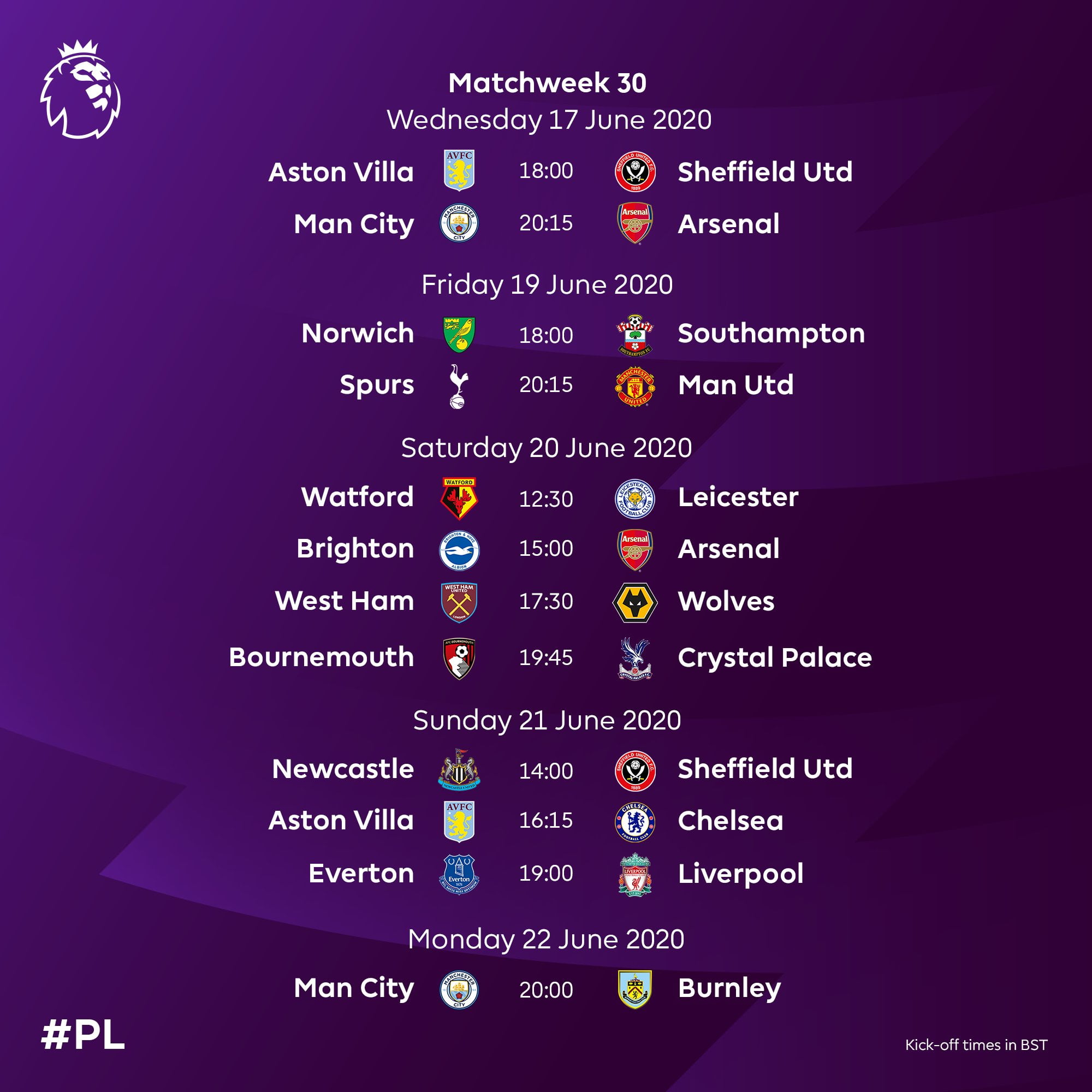
The Volleyball Player’s Diet Plan: Fueling Power, Agility, and Endurance
Volleyball demands a unique blend of athletic capabilities. Players need explosive power for jumps and spikes, lightning-fast reflexes for digs and sets, and unwavering stamina to endure intense rallies and matches. Nutrition plays a pivotal role in achieving this peak performance. A well-structured diet isn’t just about maintaining a healthy weight; it’s about providing the body with the specific nutrients it needs to excel on the court. This comprehensive guide delves into the intricacies of a volleyball player’s diet plan, covering macronutrient requirements, essential micronutrients, hydration strategies, and practical tips for meal planning and supplementation.
Understanding Macronutrient Needs:
The foundation of any athlete’s diet rests on the three macronutrients: carbohydrates, proteins, and fats. For volleyball players, the ideal ratio varies depending on factors such as playing position, training intensity, and individual metabolic rate. However, a general guideline suggests a higher carbohydrate intake, moderate protein intake, and a moderate-to-low fat intake.
-
Carbohydrates: These are the primary fuel source for high-intensity activities like volleyball. They provide the glucose needed for energy production during rallies, jumps, and sprints. Complex carbohydrates, found in whole grains, fruits, vegetables, and legumes, are preferred over simple sugars, as they provide sustained energy release, preventing energy crashes and promoting endurance. Aim for 50-65% of your daily calorie intake from carbohydrates.
-
Proteins: Essential for muscle growth, repair, and recovery, proteins are crucial for volleyball players who repeatedly stress their muscles during training and matches. Protein intake should be sufficient to support muscle protein synthesis and minimize muscle breakdown. Good sources include lean meats, poultry, fish, eggs, dairy products, beans, and lentils. Aim for 15-25% of your daily calorie intake from protein. The exact amount may need adjustment based on training volume. For instance, players engaged in intense strength training might require a higher protein intake.
-
Fats: While often demonized, fats are essential for hormone production, nutrient absorption, and overall health. Healthy fats, such as monounsaturated and polyunsaturated fats found in avocados, nuts, seeds, olive oil, and fatty fish, are beneficial for reducing inflammation and supporting overall well-being. However, excessive fat intake should be avoided as it can hinder performance and lead to weight gain. Aim for 20-35% of your daily calorie intake from fats, emphasizing healthy fats.
Essential Micronutrients:
Beyond macronutrients, micronutrients play a critical role in optimizing athletic performance. Vitamins and minerals support various bodily functions, including energy metabolism, immune function, and muscle function.
-
Iron: Crucial for oxygen transport in the blood, iron deficiency can lead to fatigue and decreased performance. Volleyball players, particularly female athletes, are at higher risk of iron deficiency. Good sources of iron include red meat, spinach, lentils, and fortified cereals.
-
Calcium: Essential for bone health, calcium is crucial for preventing stress fractures, which are common among athletes. Good sources include dairy products, leafy green vegetables, and fortified foods.
-
Vitamin D: Plays a role in calcium absorption and bone health. Sufficient vitamin D levels are important for preventing injuries. Sun exposure and consumption of vitamin D-rich foods or supplements can help maintain optimal levels.
-
Electrolytes: Sodium, potassium, magnesium, and chloride are crucial for maintaining fluid balance and muscle function. Electrolyte loss through sweat during training and matches needs to be replenished.
-
Antioxidants: Protect cells from damage caused by exercise-induced oxidative stress. Good sources include fruits, vegetables, and berries.
Hydration Strategies:
Hydration is paramount for optimal athletic performance. Dehydration can significantly impair physical abilities, leading to decreased endurance, muscle cramps, and heat exhaustion. Volleyball players should consistently monitor their hydration status and follow these guidelines:
-
Pre-hydration: Begin hydrating several hours before training or competition.
-
During training/competition: Sip water or an electrolyte drink regularly throughout activity.
-
Post-hydration: Replenish fluids lost through sweat after training or competition.
-
Monitor urine color: Pale yellow urine indicates adequate hydration. Dark yellow urine signifies dehydration.
Meal Planning and Timing:
Strategic meal timing is essential for maximizing performance and recovery.
-
Pre-game meal: A balanced meal 2-3 hours before a game, consisting of complex carbohydrates and moderate protein, provides sustained energy. Avoid high-fat and fiber-rich foods, which can cause digestive discomfort.
-
During-game snacks: If the game is long, easily digestible snacks like fruit, energy gels, or sports bars can provide quick energy boosts.
-
Post-game meal: A post-game meal within an hour of competition should focus on replenishing glycogen stores and promoting muscle recovery. Include carbohydrates and protein.
-
Daily meal plan: Spread your calorie intake evenly throughout the day, with smaller meals and snacks every 3-4 hours. This strategy prevents energy crashes and keeps your energy levels consistent.
Supplementation:
While a balanced diet should provide most essential nutrients, some athletes may benefit from supplementation. However, supplementation should be considered only after consulting with a registered dietitian or sports nutritionist. Common supplements for volleyball players include:
-
Creatine: May enhance power and strength.
-
Protein powder: Can supplement dietary protein intake, especially for athletes with high training volumes.
-
Electrolyte supplements: Helpful in replenishing electrolytes lost through sweat.
-
Omega-3 fatty acids: May reduce inflammation and improve recovery.
Practical Tips for Volleyball Players:
-
Listen to your body: Pay attention to your hunger and fullness cues.
-
Prioritize whole, unprocessed foods: Focus on nutrient-dense options.
-
Limit processed foods, sugary drinks, and excessive alcohol consumption: These can negatively impact performance and recovery.
-
Pack healthy snacks: Keep healthy options readily available to prevent unhealthy choices.
-
Consult a registered dietitian or sports nutritionist: They can create a personalized nutrition plan tailored to your individual needs and goals.
Conclusion:
A well-structured diet is a cornerstone of success for volleyball players. By focusing on optimal macronutrient intake, ensuring sufficient micronutrient consumption, prioritizing hydration, and adopting strategic meal timing, players can enhance their energy levels, power, agility, endurance, and overall performance on the court. Remember that consistency is key. By making informed food choices and adhering to a well-planned dietary regimen, volleyball players can optimize their athletic potential and achieve their peak performance goals. Always consult a healthcare professional before making significant changes to your diet or starting any new supplement regimen.



